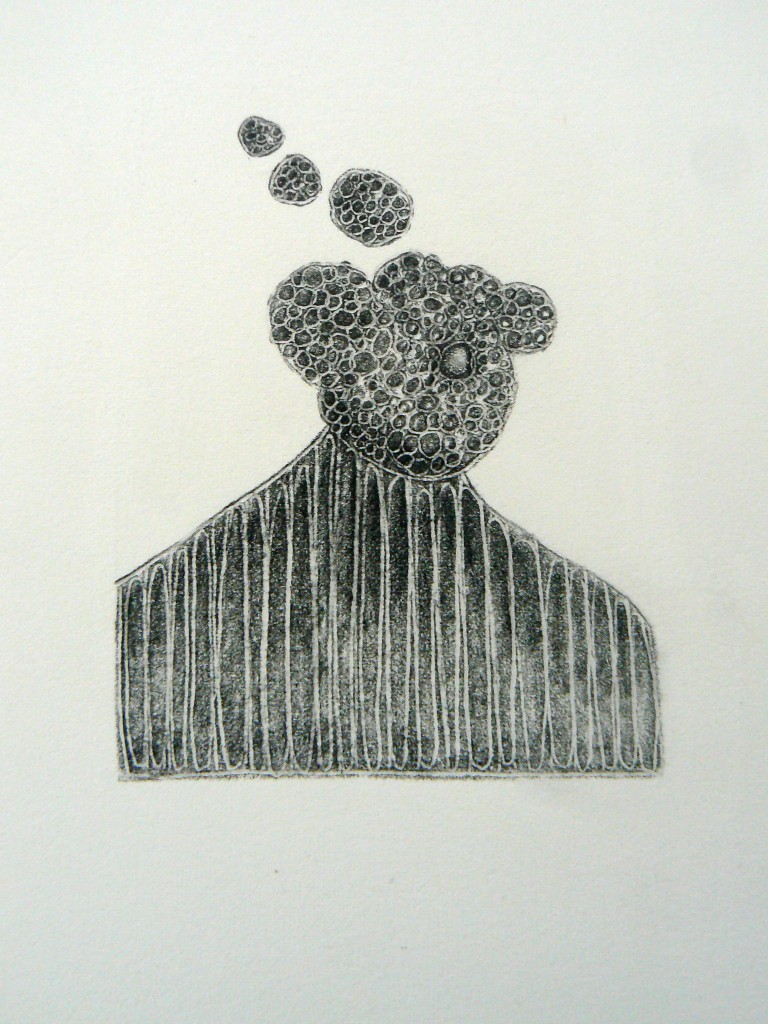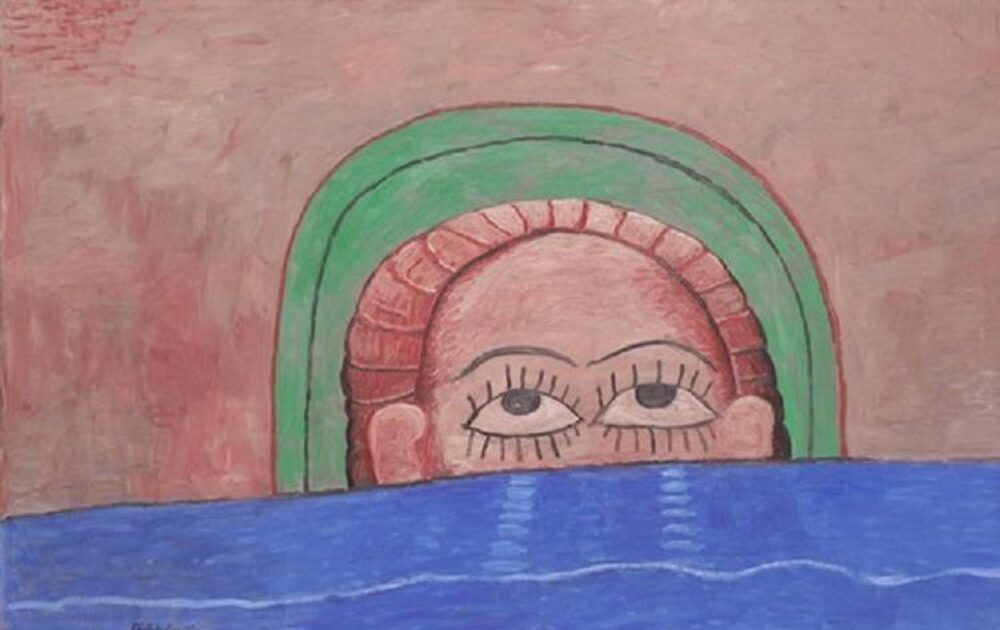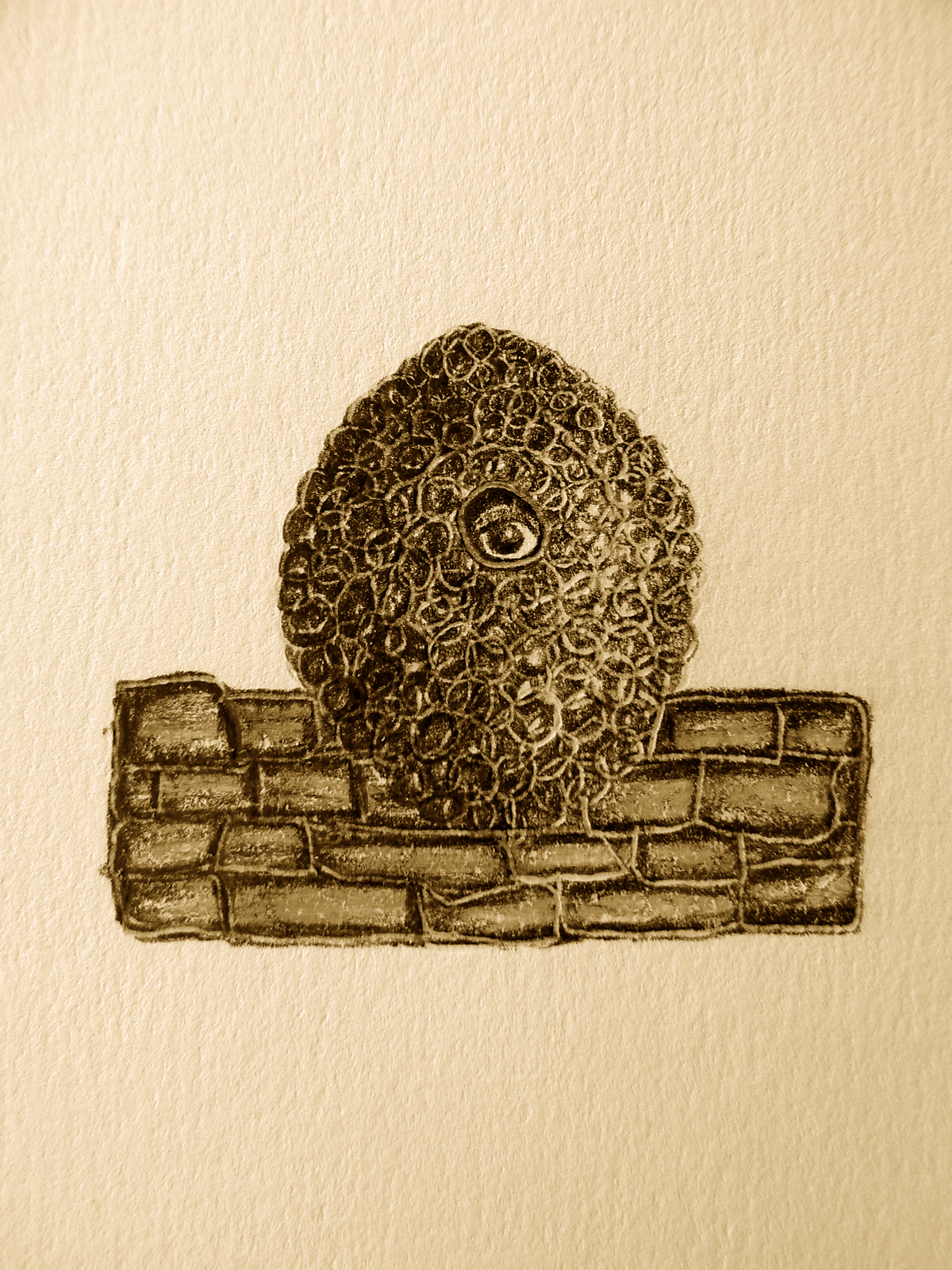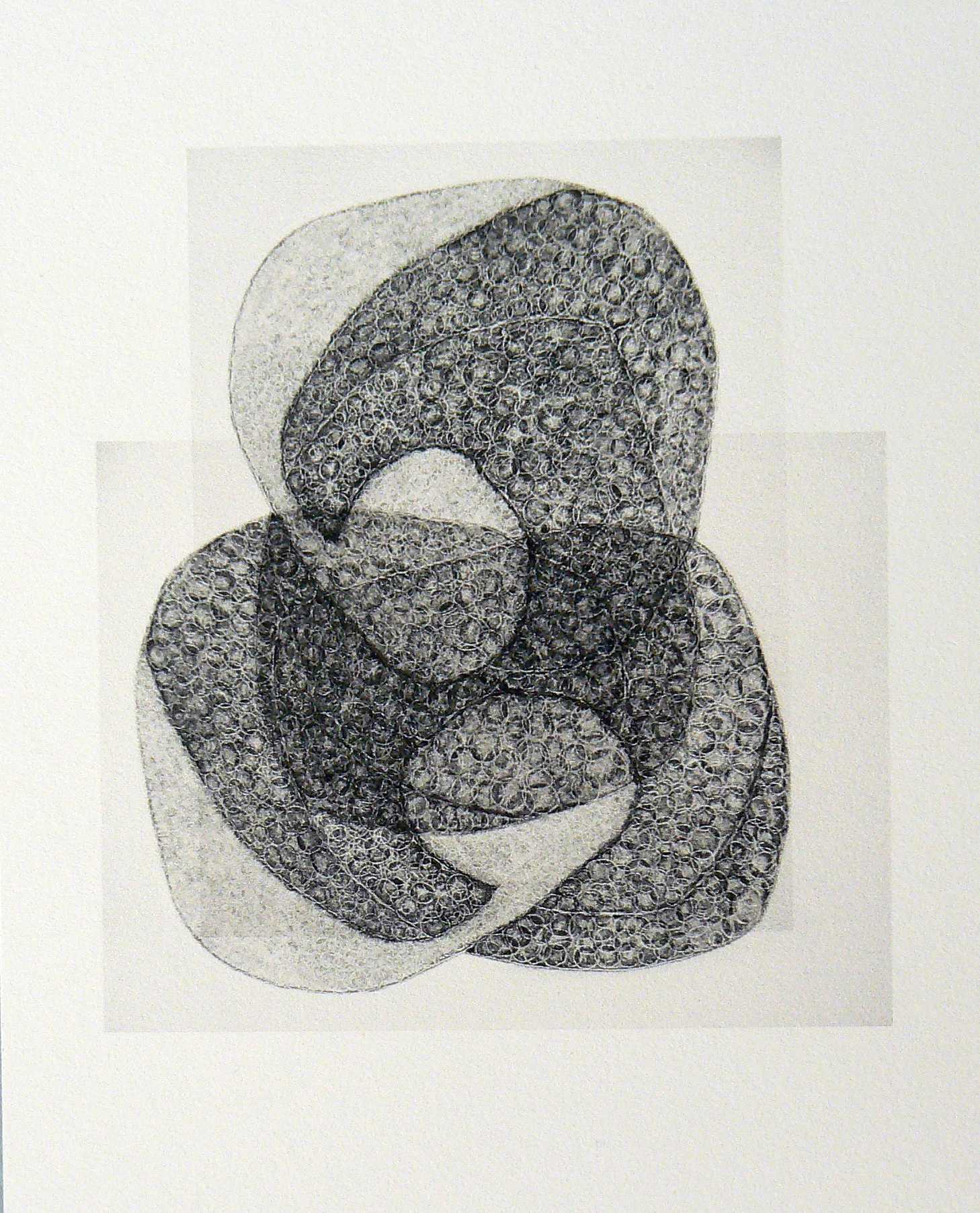We all know something about climate change (unless we live under a rock with no reception ). Since I wrote my first posts, a Guardian poll came out indicating that most americans do believe in climate change (even in Red States). Apparently, some pundits and politicians haven’t caught up with mainstream Oklahoma.
If we believe in climate change (and believe it might be fixed or mitigated), we all recognize -explicitly or tacitly – that our moral calculus about how we live our lives will have to change. George Will has recently trotted out a shift in his denialist stance. “Yes”, he says, the climate is changing because climate is naturally capricious and is “always changing”. The question is, then, how “much wealth we will have to forego” to mitigate the effects of climate change. We can call George Will an “anti-climate science loon” as Jonathan Chait does. We can assign him to the scrapheap of zombies. Or we can recognize that Will is mining the rich vein of American distrust of government.
In his great book, “A Necessary Evil” Gary Wills points out that Americans’ view of government oscillates between pairs of opposing values: provincial/cosmopolitan, amateur/expert, spontaneous/authoritative, traditional/instrumental, populist/elite, organic/mechanical, religious/secular and participatory/regulatory. The second of the two terms is generally viewed as a threat to the first term except when we want something out of government. George Will as a Republican supporter of business appreciates the efficient rule of law that ensures the mechanics of business get done in the widest cosmopolitan arenas. But as Garry Wills notes, business supporters do not hesitate to attach business to other values as they inveigh against regulation because it stifles organic innovation. These supporters like to talk about business “as if it is local and provincial when it is in fact cosmopolitan and will in fact go wherever profits take it”.
Take a good look at those pairs of opposing values. If we, as a polity are going to do anything to mitigate climate change, it will require our government to rely on all those values which are somehow threatening. Scientists and elite technocratic experts from the world over will be the primary architects of plans that will require a central government to be regulatory, mechanical, authoritative and instrumental. But what if the motivation to unleash government to do what it is good at doing is more religious (moral) than it is secular?
This “what if” is behind George Will’s furious rearguard action. By denying any scientific validity to the anthropogenic roots of climate change, he hopes to deny science the moral high ground in a debate that he feels should be restricted to the consideration of the morality of reducing his potential wealth. Any proposed responses to climate change are simply clever liberal ruses to pick his pocket.
George Will is not a zombie or a loon but he is an authentically fearful, provincial and amateur American climate scientist.






